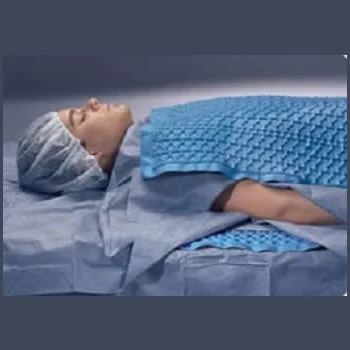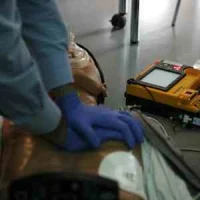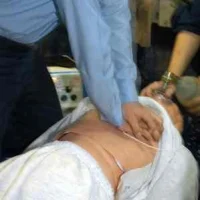Body-cooling or therapeutic hypothermia has been a standard of care in treating adults after heart attacks but according to a recently published study, it does not confer any survival-with-quality-of-life benefit for children who are resuscitated after suffering out-of-hospital cardiac arrest. The findings have been published in the New England Journal of Medicine.
The study included 300 children, two days to 18 years old, who were treated after cardiac arrest at 38 different paediatric health care facilities in the U.S. The body temperatures in half of the patients were lowered by about six degrees Fahrenheit below normal with specially designed, water-cooled blankets over a period of five days. In the other half, the normal body temperature of approximately 98.6 degrees was maintained by preventing fever. The results show that hypothermia is no more effective than maintaining normal body temperature by preventing fever in the children being treated.
The surprising results will have implications for critical-care paediatricians. Dr. Meert, who has published numerous studies in her field during more than 25 years as a Children's Hospital of Michigan critical care paediatrician, explains that body-cooling is a time-consuming and complex therapy and puts additional physical stress on children. This new study provides a very important take-home message for clinicians and makes it evident that maintaining lower-than-normal body temperature in children after cardiac arrest is not necessary.
Approximately two-thirds of the 6,000 children in the US who undergo cardiac arrest die each year or suffer permanent neurologic damage. There is a need to improve their odds during treatment but till now, there had been no large-scale multi-centre studies focused on determining whether the positive effects of body-cooling in adults after heart arrest could also be counted on to help similarly affected children.
Dr. Meert emphasises the importance of collaborative research in paediatric critical care and believes that the researchers were able to come up with a finding that has the potential to help children better recover from cardiac arrest because of the collaborative efforts from researchers across the country.
While reflecting on the new study and its implications for critical care in paediatric cardiac arrest patients, Children's Hospital of Michigan Chief of Pediatrics and WSU Chair of Pediatrics Steven E. Lipshultz, M.D., said that "Dr. Meert's and Dr. Shankaran's new study is a powerful reminder for all of us at the Children's Hospital of Michigan about the importance of linking the best clinical care with the best clinical research that we're capable of. As this study shows, putting those two together is the key to achieving our goal of providing children with the best medical care to be found in Michigan and the rest of the country, 24 hours a day, seven days a week."
Source: Wayne State University - Office of the Vice President for Research
Image Credit: Westcoastmedicalequipment.com










